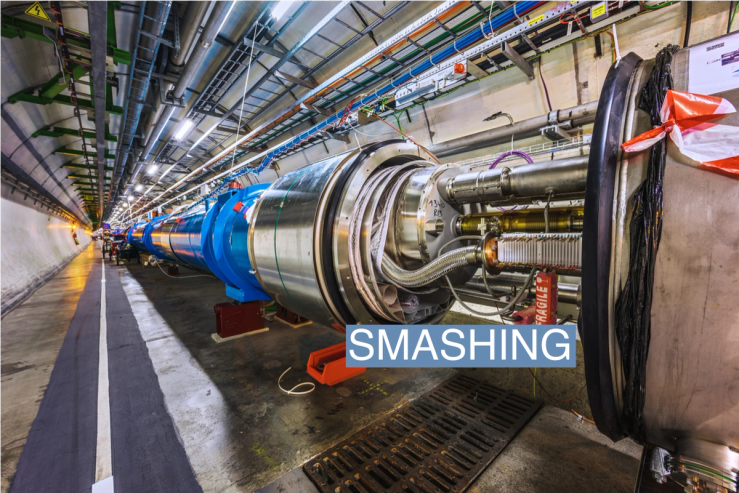The News
The former CEO of Google Eric Schmidt donated $48 million to the European Organization for Nuclear Research (CERN), which runs the the Large Hadron Collider particle accelerator. The money will fund artificial intelligence tools to analyze data from the LHC. Bloomberg was first to report the donation.
CERN has made myriad discoveries, including detecting the so-called “God particle,” the Higgs boson, at the lab. But it is courting donors as it looks to build a bigger accelerator and stay ahead of China, which also plans to build the world’s largest particle accelerator in the next decade.
“If China were to start their project before CERN, there is a risk of Europe and the US also losing the leadership in high-energy particle physics, and also in the technology development that goes with it,” said Charlotte Warakaulle, CERN’s director of international relations.
SIGNALS
Particle accelerators are integral to technological innovation
Particle accelerators have enabled scientists to study how materials and organisms behave at the smallest scale — but they are also critical for technology, including developing semiconductor chips. Chips are a major source of geopolitical tension between the west and China, and the US has tried to stymie innovation there with strict trade rules. If China builds a powerful particle accelerator and other chip-making infrastructure, it could boost its “high-volume, low-cost chip manufacturing” abilities, the South China Morning Post reported.
China leads in AI research funding and talent
While AI chatbots like OpenAI’s ChatGPT dominate the conversation in the United States, “a lot of the programs [in China] are about AI applications in industry and manufacturing,” an analyst from think tank MarcoPolo told the New York Times. According to a global AI talent tracker, China is home to half of the world’s top AI researchers and Chinese-born scientists make up 38% of top AI researchers working in the United States. The government is also eager to invest: China recently launched a third fund of $47.5 billion to boost its semiconductor industry, which in turn feeds AI research.
The US CHIPS Act vision falls short on funding for research
The Biden administration promised to juice America’s semiconductor industry using money set aside under the CHIPS and Science Act, but lawmakers have slashed the budgets of federal research agencies, including the National Science Foundation and the National Institute for Standards and Technology. These cuts “negatively impact grant success for researchers interested in working on critical scientific advancements,” the president of the Association of American Universities noted in Inside Higher Ed. The cuts come after years of underfunding, alarming science advocates who warned “once you lose the lead in that kind of a race, the benefits accrue to whoever’s in the lead, and they’ve been accruing to us for the last 75 years,” Politico reported.



